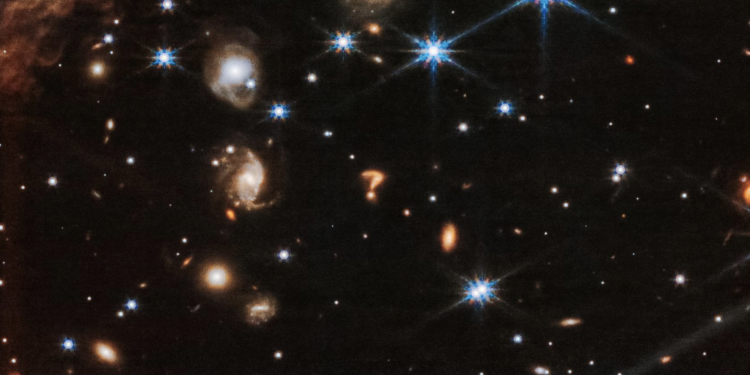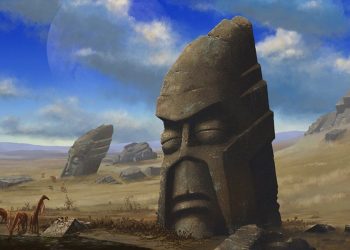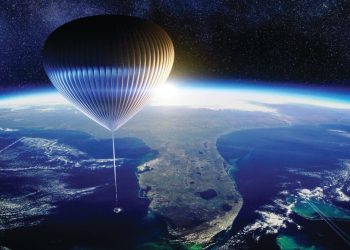Understanding the scale of the universe can feel like trying to grasp infinity itself. One of the most fascinating mysteries of modern cosmology is this: how can the visible universe be 93 billion light-years across when its age is only 13.7 billion years? According to IFLScience, The answer lies in the complex dance of light, time, and the relentless expansion of the cosmos.
The Universe: A Time Machine in the Sky
When we look into the night sky, we’re not just observing stars and galaxies as they are today—we’re seeing them as they were millions or even billions of years ago. Light takes time to travel, so the farther we look, the older the light is. However, these celestial objects are no longer in the positions we see them. This is because the universe has been expanding ever since the Big Bang.
The Big Bang, the cosmic event that marks the beginning of everything we know, occurred 13.7 billion years ago. Yet, we cannot directly observe this moment in history. The universe was so hot and dense in its infancy that light couldn’t travel freely. The earliest light we can detect dates back to about 400,000 years after the Big Bang, a phenomenon known as the cosmic microwave background radiation.
Why Distances in Space Aren’t So Simple
Astronomers often use a unit called the light-year to measure vast cosmic distances. A light-year represents the distance light travels in one year—approximately 9.46 trillion kilometers (or about 5.88 trillion miles). This unit connects distance and time, as observing an object a certain number of light-years away also means looking that many years back in time.
Take Betelgeuse, for instance, the red giant in Orion’s shoulder. Located around 550 light-years away, the light we see from it today actually left the star 550 years ago. But things get trickier as we consider objects much farther away, where the effects of cosmic expansion become unavoidable.
The Expanding Universe and Galactic Distances
The universe’s expansion is a critical factor in understanding why it appears so vast. While gravity dominates on local scales—keeping galaxies like the Milky Way and Andromeda relatively stable—the stretching of space becomes more pronounced over intergalactic distances.
For nearby galaxies, such as Andromeda, which is 2.5 million light-years away, the travel time of light and its distance are roughly the same. However, for galaxies farther out, like those in the galaxy cluster SMACS 0723, this relationship begins to diverge. Light from SMACS 0723 took 4.6 billion years to reach us, yet the galaxy cluster is now much farther away due to the universe’s expansion.
Relativity and the 93-Billion-Light-Year Universe
Consider galaxies observed by the James Webb Space Telescope (JWST). Some of the most distant galaxies we’ve detected emitted their light when the universe was just 600 million years old. Despite this, they are now an astounding 30 billion light-years away because space itself has stretched during the time their light was traveling to us.
This phenomenon explains why the visible universe spans 93 billion light-years. The farthest point we can observe is 46.5 billion light-years in any direction. Multiply that by two, and you get the full diameter of the observable universe. This figure may evolve as scientists refine measurements of the universe’s expansion rate—a hot topic in cosmology today.
The incredible size of the observable universe underscores the dynamic nature of spacetime. The expansion doesn’t mean galaxies are flying through space faster than light; instead, space itself is growing, carrying galaxies along with it. While we may never directly observe regions beyond the 93-billion-light-year limit, these vast distances remind us of the universe’s boundless nature.











